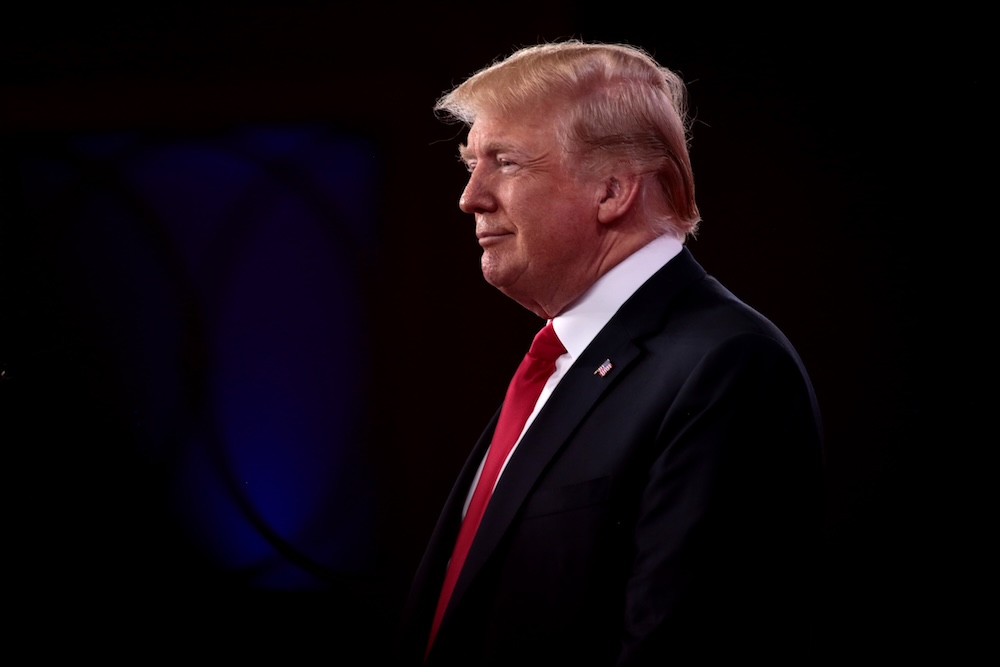Politics
JUST IN: Supreme Court Reveals Trump-Friendly Schedule For Immunity Claim

On Wednesday, the Supreme Court officially triggered a significant delay in the January 6 case brought by Special Counsel Jack Smith against former President Donald Trump. The apex court announced April 25 as the date it will hear oral arguments in Trump’s immunity claim, effectively pushing the federal J6 case out of the spotlight until June at the earliest.
The scheduling decision comes at a pivotal moment in Trump’s legal battle against charges stemming from the January 6 events. The former president has fervently argued that his actions in connection with the Capitol breach are shielded by the immunity granted by his then-role as the nation’s leader.
The Supreme Court’s agreement to take on the claim signals a potentially transformative phase in the legal skirmishes that followed the tumultuous end of Trump’s presidency.
By allowing Trump’s immunity claim to precede the federal J6 case, the Court has inadvertently granted Trump’s legal team a tactical advantage. The move not only buys time for Trump but also casts a shadow of uncertainty over the prosecution’s momentum, which has been building steadily under the Biden administration’s watch.
WATCH:
On February 28th, the Supreme Court announced that it would take on the case to determine whether former Trump could assert immunity against federal prosecution in the election subversion case. Trump, who is the front-runner in the 2024 race, has repeatedly found himself navigating through legal complexities as the court previously entertained arguments in a separate case related to the 14th Amendment’s “insurrection ban” and its implications on his eligibility for office.
Trump’s lawyers have argued that allowing the case to proceed will have massive implications for presidential power, warning of additional politically motivated prosecutions and blackmail. “Without immunity from criminal prosecution, the presidency as we know it will cease to exist,” his lawyers wrote.
“Any decision by the president on a politically controversial question would face the threat of indictment by the opposing party after a change in administrations. All presidential decisions would be exposed to undue, wrongful pressure from opposing political forces, under a threat of indictment after the president has left office.”
Should the Court rule in favor of Trump, it might set a precedent that could alter the landscape of presidential accountability for years to come. Conversely, a ruling against Trump would not only bolster the J6 case but could also affirm the judiciary’s stance on the limits of presidential immunity.
On Monday, however, the Supreme Court struck down attempts by Colorado, Illinois, and other states to keep Trump off the 2024 ballot, handing down a ruling that cements the Republican’s pathway to a general election rematch with President Joe Biden.
“We conclude that States may disqualify persons holding or attempting to hold state office. But States have no power under the Constitution to enforce Section 3 with respect to federal offices, especially the Presidency,” the Court wrote.
In a statement on Truth Social, the 45th president celebrated the decision, writing “Big win for America!” to his 6.6 million followers.
Over more than two hours, the justices debated the merits of plaintiffs’ allegations that Trump was ineligible, with Justice Brett Kavanaugh saying that he and his colleagues face “difficult questions” to answer.

